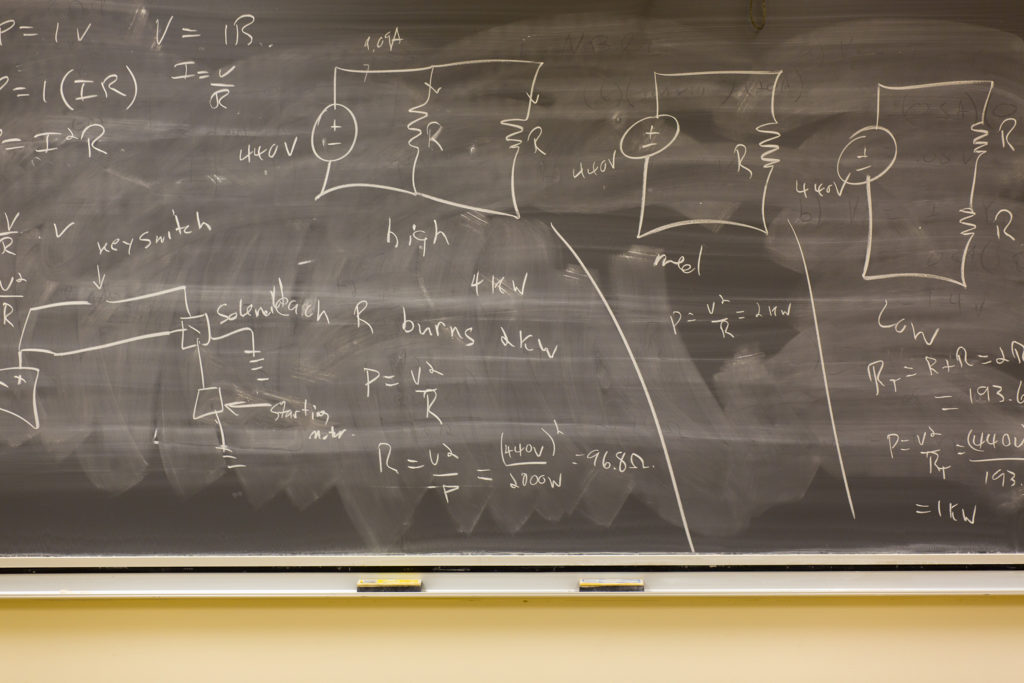
Lessons from the Book of Obadiah
Although many believe the date to be later, Obadiah probably wrote his prophecy about 840 BC. Since his father’s name was not given, it seems reasonable to suggest that Obadiah was not a priest. For the same reason, it seems possible that he was not from the family of the kings. Obadiah spoke to Edom. God gave this message to Obadiah because Edom had followed a fleshly course for years.
Many practical lessons can be learned from Obadiah.
Sin hardens one’s heart.
In Obadiah, there is no call to repentance. There is only a promise of judgment from God. The Edomites had reached a state where they could not repent. Their wickedness had become so much a part of their lives that they had no desire to do right. We, today, can fall into the same trap.
Pride causes one to be deceived.
Speaking for Yahweh, Obadiah told Edom, “Your proud heart has deceived you, you that live in the clefts of the rock, whose dwelling is in the heights. You say in your hearts, ‘Who will bring me down to the ground?’” (v 3). Their pride caused the Edomites to believe that they were self-sufficient. It would not allow them to see their need for God. They that they would never be defeated. We, today, can be just as deceived through our pride as were they.
God brings down the prideful.
Again, Obadiah said, “Though you soar aloft like the eagle, though your nest is set among the stars, from there I will bring you down, says the LORD” (v 4). Because Edom thought they were self-sufficient, God brought them down. God destroyed Edom. The Proverbs state, “Pride goes before destructions, and a haughty spirit before a fall” (16:18). God still brings down the prideful.
The LORD judges the nations.
Obadiah declared, “The day of the LORD is near against all the nations” (v 15). Obviously, “the day of the LORD” refers to God’s judgment. God judged Edom. He judges all nations. Today, all nations are accountable to God.
One reaps what he sows.
“As you have done, it shall be done to you; your deeds shall return on your own head” (v 15). Here, God shows that one must pay for his deeds. One reaps the consequences of his actions. The New Testament declares, “You reap whatever you sow. If you sow to your own flesh, you will reap corruption from the flesh; but if you sow to the Spirit, you will reap eternal life from the Spirit” (Galatians 6:7-8). People still reap what they sow.





